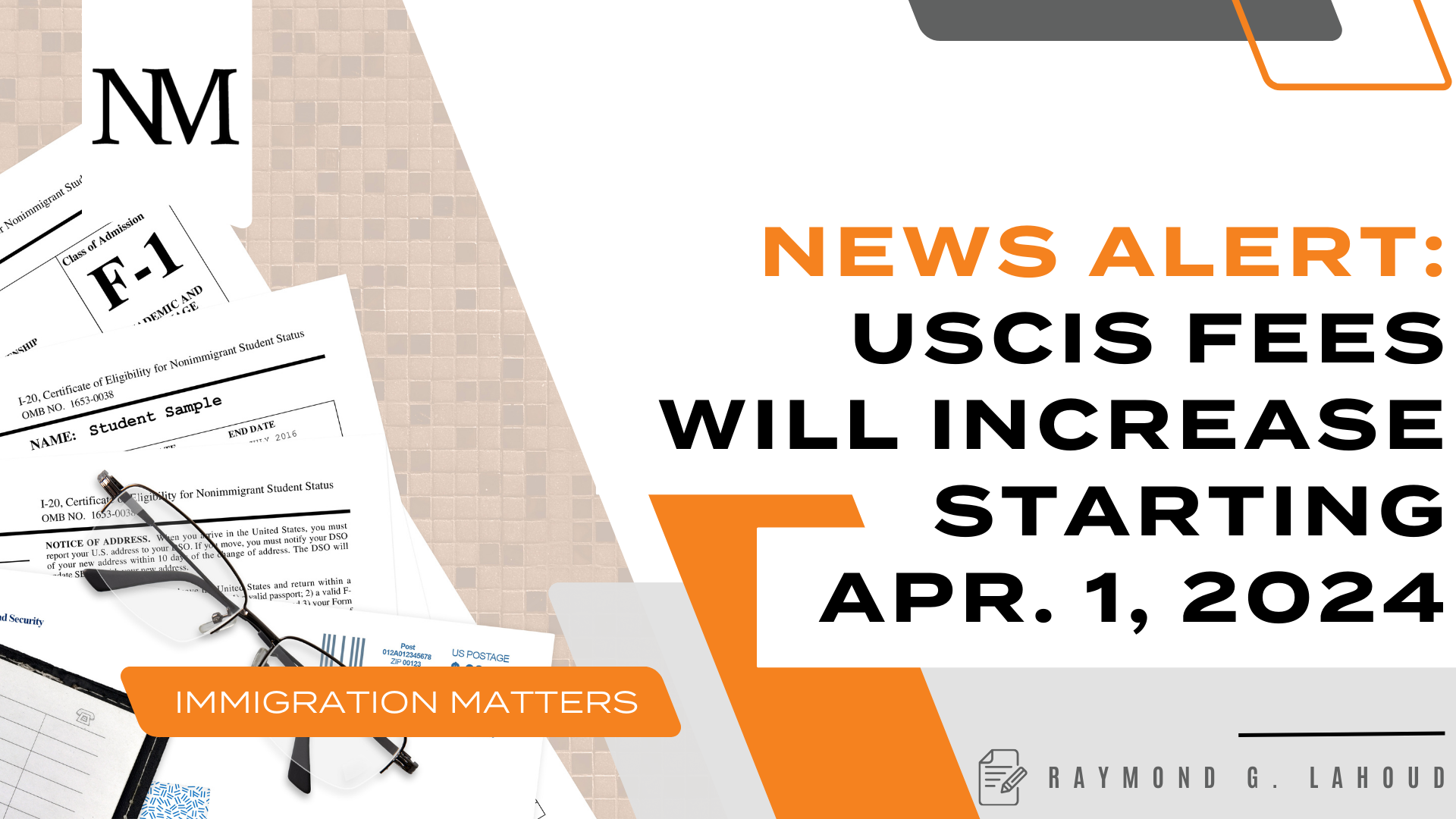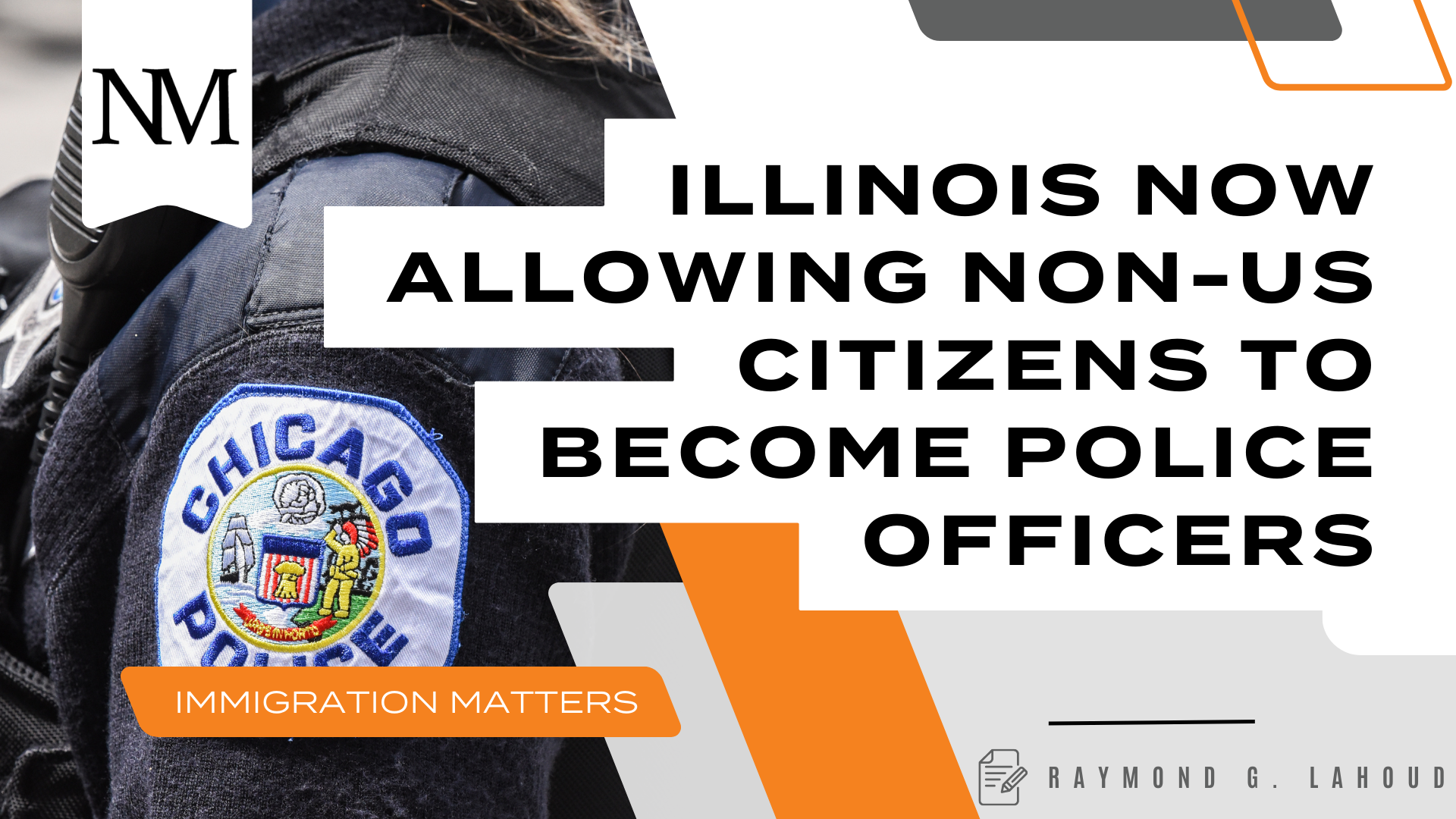New York and New Jersey Legalize Recreational Marijuana: Still, Immigrants Might Face Risks

On July 15, New York legalized the use of recreational marijuana for adults 21 years and older. The bill allows possession of up to three ounces of cannabis for recreational use, or 24 grams of concentrated cannabis from plants. New Jersey legalized recreational marijuana use in December 2020, authorizing the use of six ounces of cannabis. Both states will create a regulatory structure for adult-use sales.
Immigrants, especially those on liminal status, may still face negative legal consequences for the use of marijuana even though recreational use of marijuana has been legalized. In New York, this also expunges old marijuana convictions for use that would have been legal under the present legislation.
Minor Marijuana Arrests or Convictions May Lead To Deportation for Immigrants
Marvin Jerezano Pena, who entered the United States by crossing the border at the age of 10, was arrested for possession of marijuana in 2017. Possession of marijuana is now legal under the new law passed in New Jersey. Marvin was arrested by Immigration and Customs Enforcement (ICE) at a New Jersey courthouse, and deportation proceedings were commenced. Marvin was living with his wife, two-year-old son, mother, and five-year-old sister. He was ordered to be removed from the United States.
Marvin had a previous marijuana possession conviction in 2015, for less than 30 grams of marijuana. Marvin’s mother Naomi Pena said, “If you’re American - nothing happens because you’re in your own country.” She continued, “But those that are undocumented are judged for a minor error they made; they are criminalized in the worst way.”
Immigration Consequences of the Recreational Use of Marijuana
Eighteen states and Washington, D.C., have legalized the use of recreational marijuana. However, it remains a federal crime to ingest, use, or possess it. Marijuana is classified as a Schedule I controlled substance, as are heroin and ecstasy.
“It’s the federal immigration law that determines what may create a negative immigration consequence and what doesn’t,” said Marie Mark, Director of Legal Support and Resources at the Immigrant Defense Project.
The consequence of an immigrant’s being stopped by any law enforcement and admitting to the use of marijuana could lead to their temporary immigration status being revoked. Admitting to marijuana use may also hinder an immigrant’s chance to naturalize as a U.S. citizen.
In the fiscal year 2019, ICE arrested more than 67,000 people for non-trafficking-related drug offenses, as reported by the Drug Policy Alliance. Drug offenses were the second most common offenses among people who were deported, even after entering the country legally.
Arrest or Conviction of Marijuana Could Hinder Good Moral Character Requirement to Naturalize as a U.S. Citizen
To naturalize as a U.S. citizen, an immigrant must show that he was of “good moral character” for a statutory period of five years. A marijuana conviction or even an arrest may cause failure to meet the specific criteria for status and lead to a denial of citizenship.
“It’s very important for immigrant communities and noncitizens to know that any involvement with marijuana even if it’s under the lawful conduct of the state they live in – can have negative consequences,” Catherine Gonzalez, a senior staff attorney with the Brooklyn Defender Services, said. She added that immigrants may also be deemed inadmissible due to a prior conviction.
When an immigrant is arrested for possession of marijuana, ICE might be alerted. ICE might then pursue the immigrant, even if the immigrant’s arrest does not lead to a conviction of marijuana possession. The fingerprints of the immigrant are transmitted to the Department of Homeland Security, which can alert ICE of the immigrant’s presence and legal status in the United States.
To learn more about this blog post or if you have any other immigration concerns, please feel free to contact me at rglahoud@norris-law.com or (484) 544-0022.




